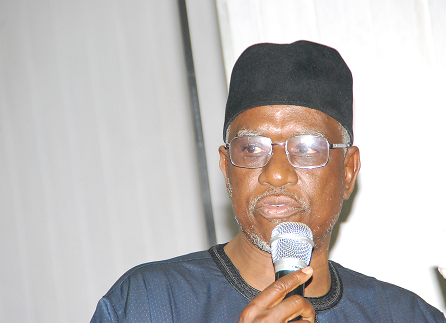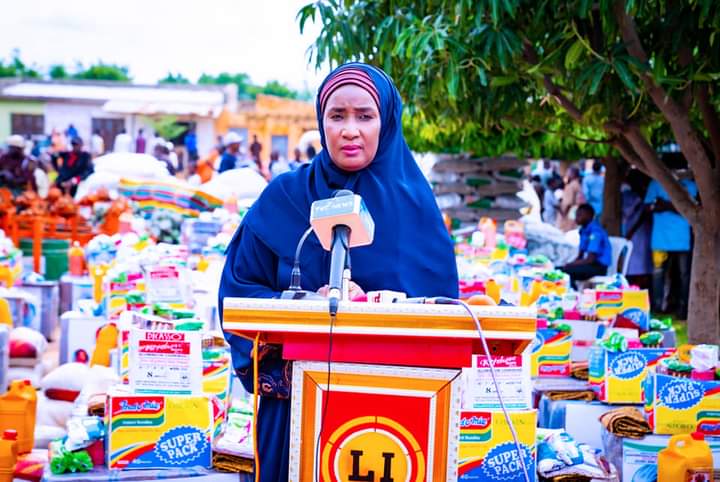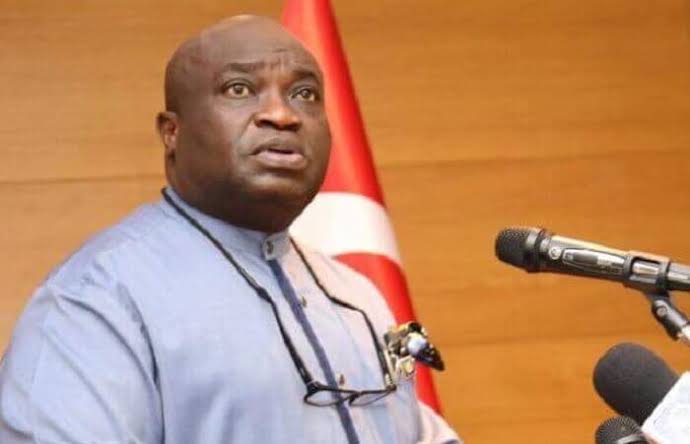Abubakar Rasheed, the executive secretary of the National Universities Commission (NUC), says federal universities spend between N60 million and N80 million monthly on electricity.
Speaking on Friday at the pre-convocation lecture of Bingham University in Nasarawa, titled ‘Issues in the Nigerian Tertiary Education System’, Rasheed said the federal government should increase financial investment in tertiary education.
“We need to be a little bit more serious with our education sector in this country,” NAN quoted him as saying.
“Public universities have to budget close to N1 billion for energy every year to buy diesel, pay [for electricity], service generators, attend to some other things. And what does the government give them?
Advertisement
“Today, at the national assembly, we are going for federal universities budget defence and we hope that if we are lucky, the national assembly may allocate between N11 million to N12 million per month as overheads to take charge of energy every month.
“But in reality, what universities spend is between N60 million to N80 million monthly to pay for electricity. And that is why there are inadequacies of water, counselling, support for teachers, communication, internet, and cleaning services.”
Rasheed also said there has been an increase in the number of out-of-school children due to insecurity, adding that parents are now withdrawing their kids from primary schools due to fear of attacks.
Advertisement
“The widening gap of out-of-school children, which currently stands at 18.5 million, is the highest in the world,” he said.
“The figure has jumped from 10 million as parents withdraw their children from school for fear of abduction, kidnapping, and the rest. So, the illiteracy rate now stands at 78 million while tertiary enrollment is about 10.1 percent.
“This has affected the youths’ development index which places Nigeria at 161 out of 181. As disheartening as the rate is, it describes how the youths are increasingly frustrated and in disillusion in this country.
“This is happening as a result of low funding for education, especially at the local government level
Advertisement
“The quality of Nigeria’s primary education is ranked 120 out of 136 in the world as a result of the outcome of inadequate funding of education.”
Add a comment







